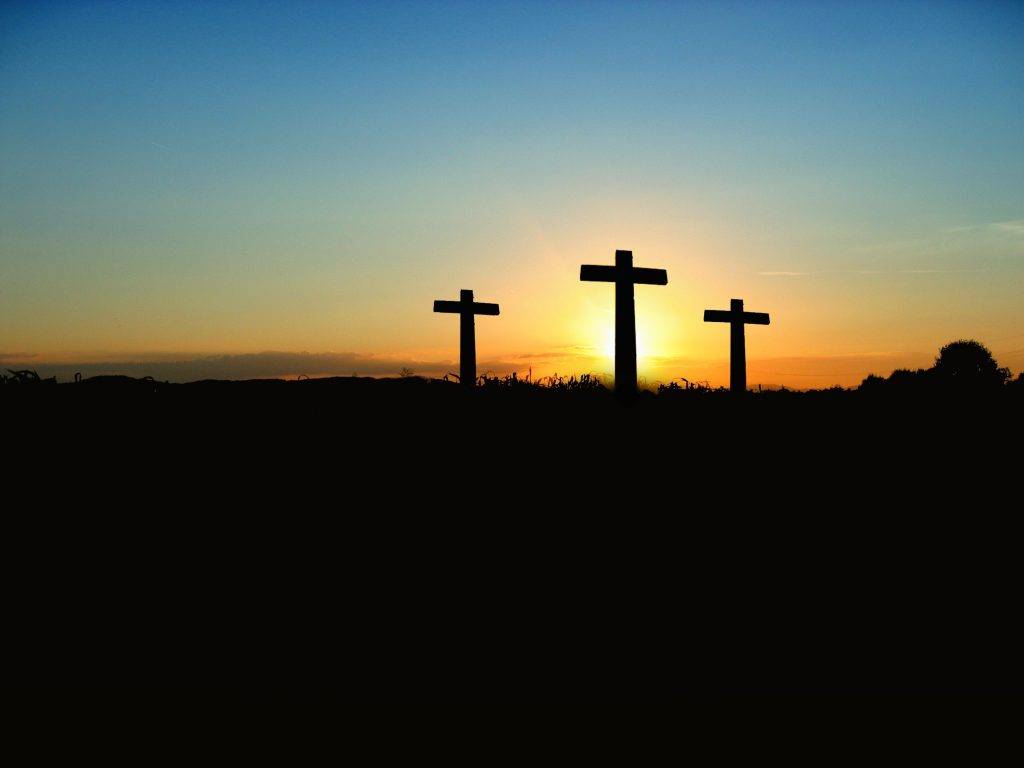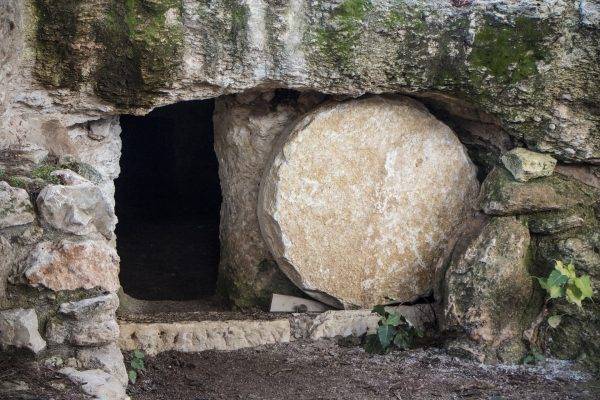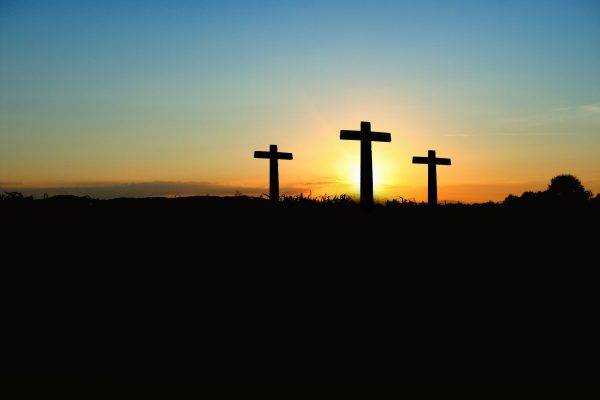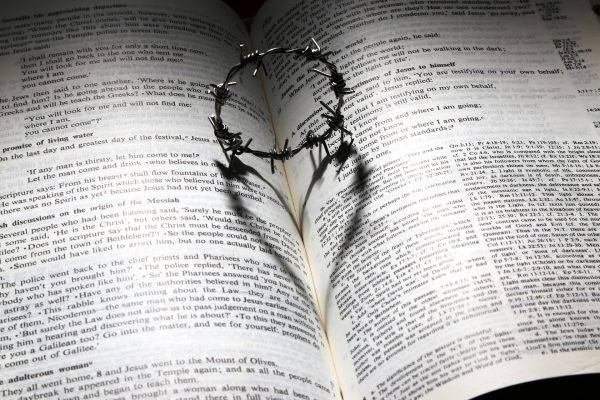When I survey the wondrous cross, on which the Prince of Glory died,
My richest gain I count but loss, and pour contempt on all my pride.
Forbid it, Lord, that I should boast, save in the death of Christ my God:
All the vain things that charm me most, I sacrifice them to his blood.
See from his head, his hands, his feet, sorrow and love flow mingled down!
Did e’er such love and sorrow meet, or thorns compose so rich a crown?
His dying crimson, like a robe, spreads o’er his body on the tree;
Then I am dead to all the globe, and all the globe is dead to me.
Were the whole realm of nature mine, that were an offering far too small;
Love so amazing, so divine, demands my soul, my life, my all.
So many times over the years, during this holiest of weeks, I have turned time and time again to this extraordinary and in my view magnificent hymn, written by Isaac Watts more than three hundred years ago and first published in 1707. It is a masterpiece of which the great and prolific Charles Wesley, who himself wrote more than 6000 hymns, reportedly said he would give up all his hymns just to have written this one.
As for me, I have never found it to be anything other than evoking of deeply intense emotions as I have sung it to myself and been led by doing so to consider once more the nature and purpose of the suffering, sacrifice and death of the Chosen One and the astounding claim of the Christian Church from its earliest days that his death was somehow for me and for the whole world, that I might at one time and for all time be reconciled to the God who loved me so much that he gave his only Son for me.
At the heart of the hymn stands a mighty and intense reflection on sixth chapter of Paul’s Letter to the church in Galatia, in which may be found the words, “But God forbid that I should boast, save in the cross of our Lord Jesus Christ.” And this year, on this day, I am asked to consider once more my own life and the things of which I boast, the things of which I am rightly or wrongly proud.
And perhaps on this Maundy Thursday as we consider once more the price of that divine love and compassion richly poured from his sacred heart and so graciously shown to the human race, you may be moved to do the same, to consider whether you place your pride, trust and confidence in anything other than the Suffering Servant of God, who for us and our salvation came down from heaven, in a quite wonderful exchange, to take our humanity to its restoration in heaven and that we might share his divinity, his divine life, here on earth to the very fullest extent.
– David Campbell






